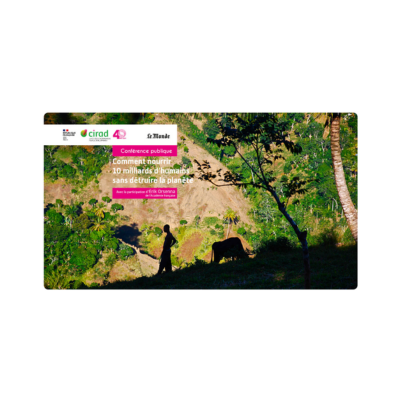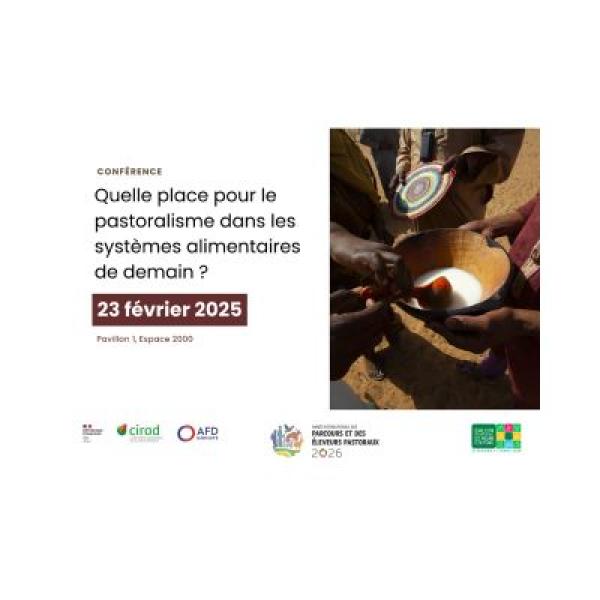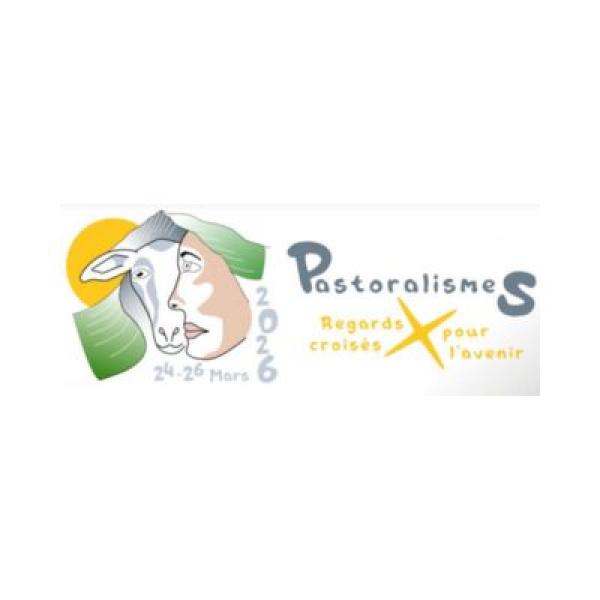Some 10% of people worldwide (in other words more than 800 million people) suffer from chronic hunger and 30% from food insecurity (2.3 billion people). Sustainable Development Goal 2 (Zero Hunger) will not be achieved by 2030. With this in mind, how can we rethink our agricultural models and consumption habits in order to feed the world without destroying the environment, while cutting the cost of access to food?
The transition will be a complex one. Food production is the main culprit in terms of biodiversity loss, accounts for almost a third of global greenhouse gas emissions, pollutes natural resources, and does not provide decent jobs for producers. At the same time, it is itself a victim of global warming: flooding, water stress, late frosts, and so on.
Tackling these agricultural and food challenges means involving everyone: businesses, researchers, policymakers and donors.
To highlight solutions found in the field and thanks to science, CIRAD and Le Monde are organizing a conference: "How can we feed 10 billion people without destroying the planet?".
Programme
Facilitator: Isabelle Hennebelle, journalist at the Le Monde newspaper
18:00-18:30 Welcome
18:30-18:35 Introduction
18:35-18:45 Keynote speaker: Erik Orsenna, writer and member of the Académie française, author of the book Nourrir sans dévaster (Flammarion, 2024)
18:45-19:05 How can we feed 10 billion people without destroying the planet?
- Sébastien Treyer, Executive Director, Institut du développement durable et des relations internationales (IDDRI)
- Eric Malézieux, Director of Research, agronomist, CIRAD
- Akiko Suwa-Eisenmann, INRAE, Steering Committee Member, Committee on World Food Security (CFS) High Level Panel of Experts on Food Security and Nutrition
19:05-19:45 Testimonies from solution builders
- Myriam Mackiewicz Houngue, Head of Programmes, Agronomes & Vétérinaires Sans Frontières (AVSF)
- Andry Rasamimanana, Centre Manager, Ceffel (farmers' organization and agricultural training centre), Madagascar
- Faridath Aboudou, Laboratoire d'Analyse Régionale et d'Expertise Sociale (LARES) (non-governmental organization), in charge of leading the "Aidote Minanwanou" platform for small-scale women cowpea processors, Benin
19:45-20:05 Q&A with the audience
20:05-20:10 Conclusion: Elisabeth Claverie de Saint Martin, CIRAD CEO.




























